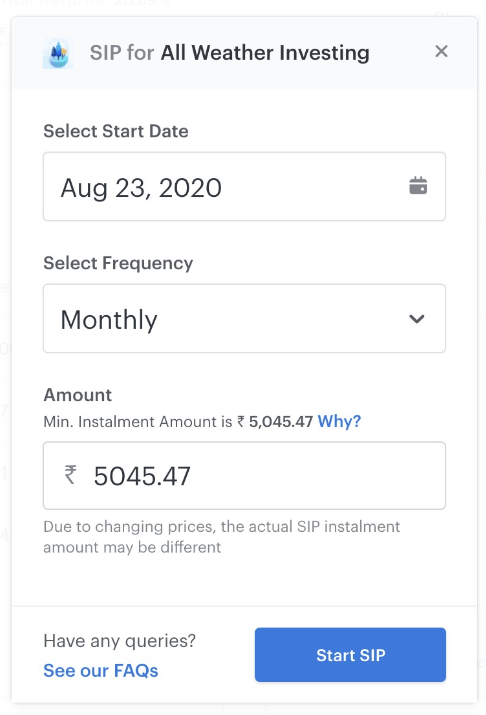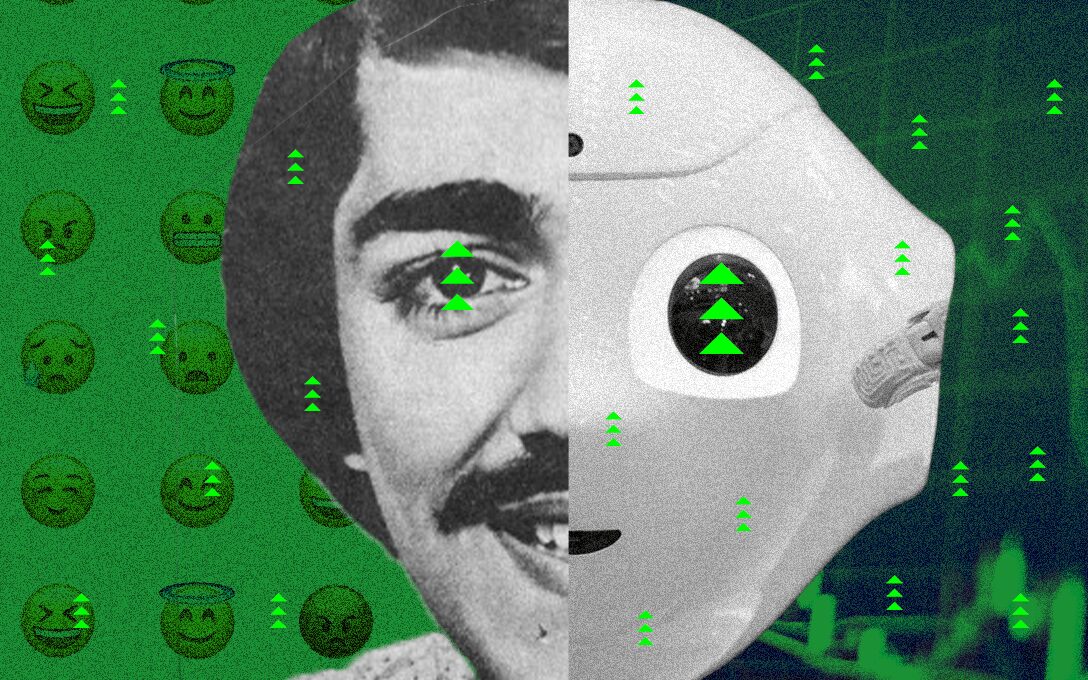Markets cheer US stimulus package

The stock markets had a bumper new year week as benchmark indices ended the week in green. This was primarily on account of strong global cues after the US signed into law a $2.3 trillion pandemic aid and spending package. Moreover, the UK’s historic trade deal with the European Union also aided investor sentiment. Also, there is a general sense of optimism in the markets as more and more people get exposure to approved vaccines in their respective countries.
Alright, so before moving into market updates, let’s take a look at an interesting fact about one of the world’s most favourite beverage – Coca Cola!
Matter of Fact
Back in the 1990s, when people used to go out to restaurants, they used to order regular water to go with their food – this was mostly out of habit. Coca Cola waged a sort of war against this trend.
Coca Cola launched a campaign called ‘H2NO’ to promote drinking Coca Cola instead of water while having food. Coca Cola believed that this would lead to increased customer satisfaction at restaurants.
In the 1990s, Coca Cola launched a campaign against drinking water. To encourage people to order Coke instead of water in restaurants, they called this campaign 'H2NO'! Click To TweetThe Big Picture
- India’s current account, which represents the balance of trade (i.e. exports minus imports) was at a surplus of $15.5 billion in July-September 2020, or 2.4% of GDP.
- The government budget balance or fiscal account is the difference between government revenues and expenses. India’s fiscal deficit widened to an all-time high of ₹10.75 trillion in April-November 2020-21. This was mainly on account of the coronavirus crisis as govt. expenditure far outweighed its shrinking revenues.
- Infrastructure output in India dropped by 2.6% year-on-year in November 2020, accelerating from 0.9% in the previous month. Considering April-November 2020, infrastructure output shrank 11.4%.
- The value of commercial bank deposits in India increased by 11.3% year-on-year in the fortnight ended December 4th, 2020.
- The value of commercial bank loans in India increased by 6.10% in December 2020 over the same month in the previous year.
Investing Insights
Why are ETFs Fairer than Mutual Funds for a Long Term Investor?
If you are a long-term investor, the kind that buys and holds on to their investments even during times of market turmoil, then ETFs might be of keen interest to you. You see, ETFs are inherently fairer and hence cheaper than mutual funds.
The structure of ETFs is one of the main reasons why ETFs are considered one of the most important financial innovations ever. And it’s also why ETFs tend to have lower holding costs compared to similar mutual funds.
Inside smallcase
SIPs with smallcase
SIP stands for Systematic Investment Plan. As the name suggests, it helps the investor allocate funds in a smart and disciplined manner. Timing the markets is a difficult task, but SIP eliminates that worry. With SIP, you can invest fixed amounts at regular intervals. You, then, stand to have an advantage over market volatility and do not need to monitor the markets constantly.

Buy more when the price is low, less when the price is high. If on the SIP date, the stock price is high, you will be able to buy a lesser number of shares. And vice versa. This ensures that you invest more at lower prices and less at higher prices, and hence your overall cost of acquisition gets averaged out. Try out investing with SIPs in smallcases for passive, long-term wealth creation. Read more about SIPs, here.
That’s all for this week. Oh, and a very Happy New Year! 🙂




